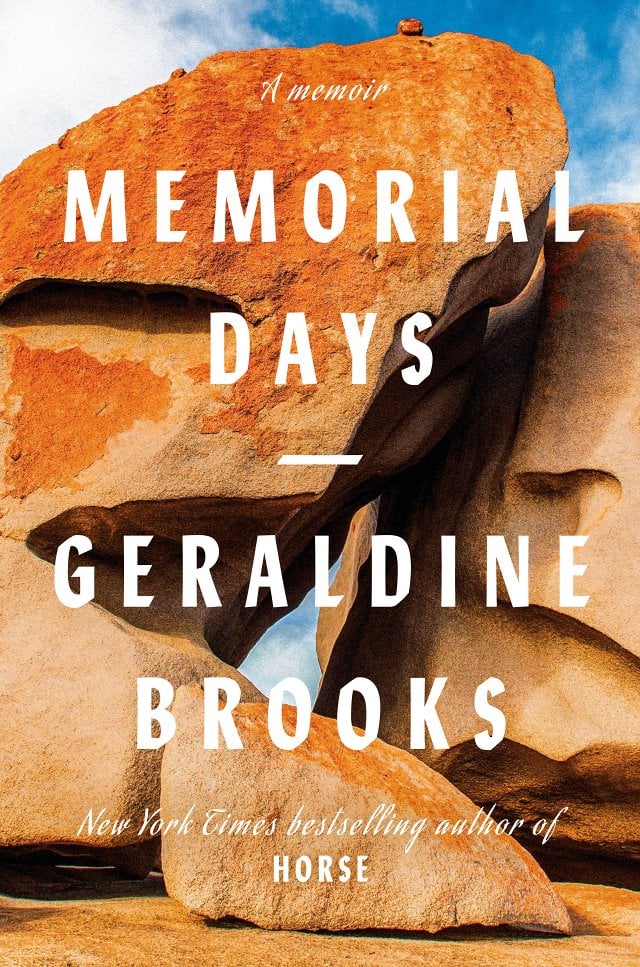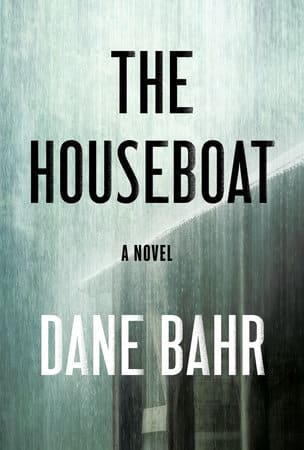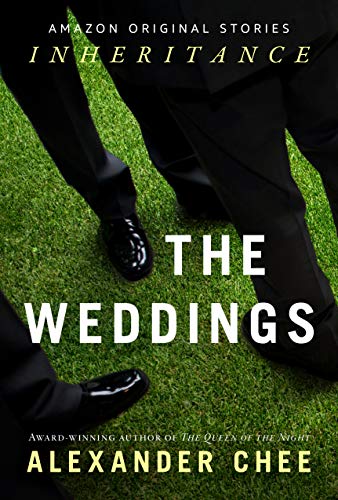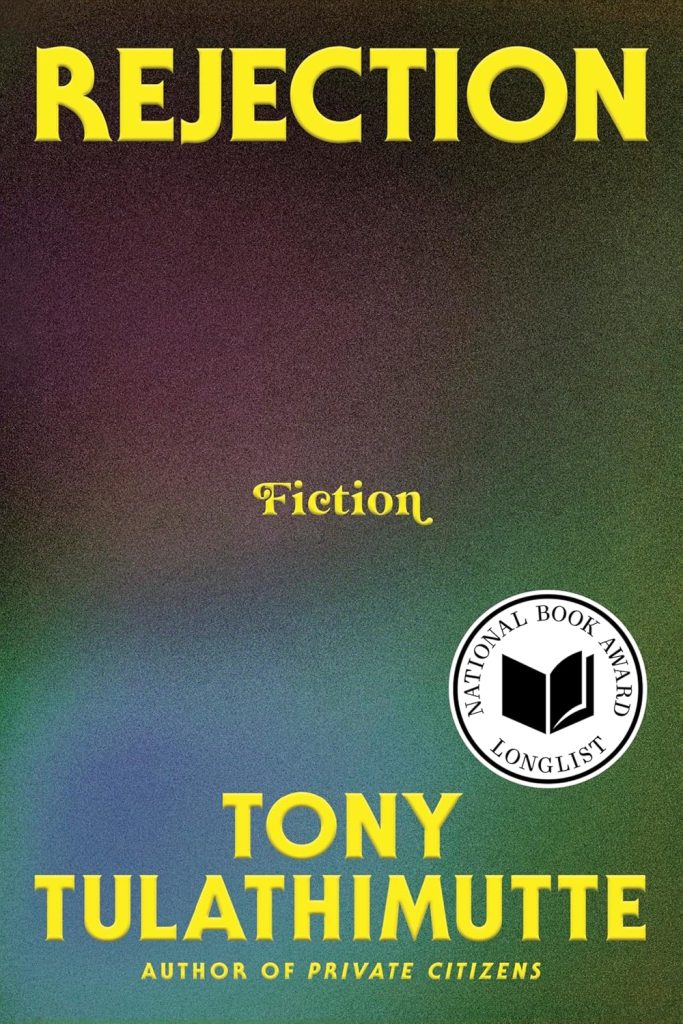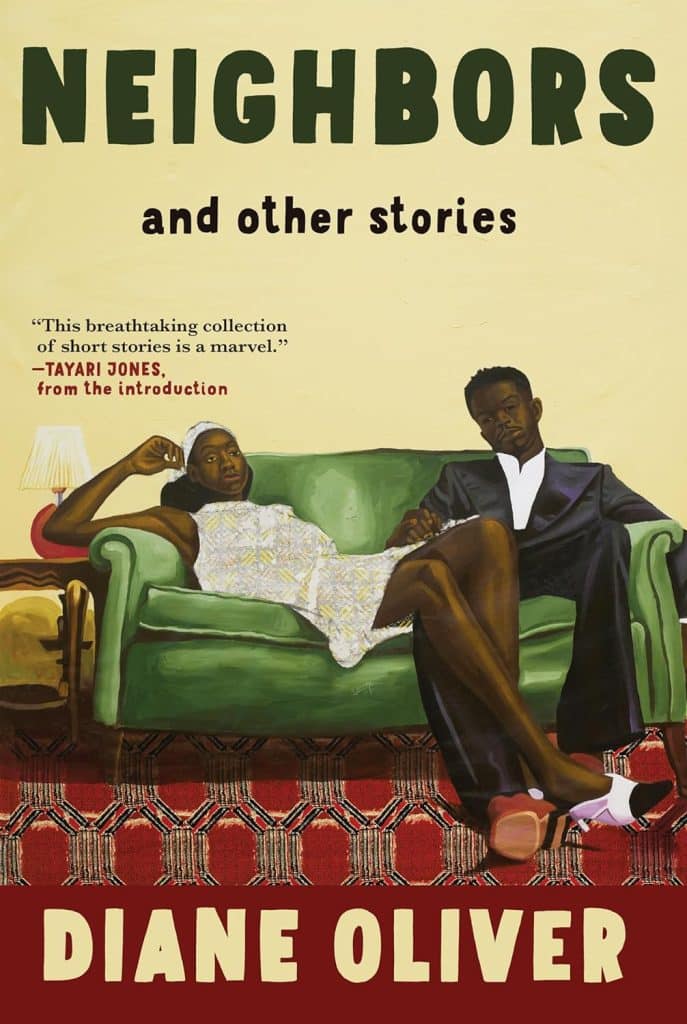
Honey, I Have Shrunk!
My Shrinking Waistline
Estimated reading time: 1 minute, 23 seconds“Richard, we both know you are not good at shopping.”
“I am sure I am not as good as you are, but I think I can buy blue jeans.”
Twenty-two months since Jan died, I can hear her voice as clearly as I did the first time she spoke to me.
Two weeks after she died, I did go solo shopping and purchased two pairs of blue jeans.
They had a waist measurement of 38 and felt comfortable.
By the fall, they were too loose not to wear without a belt.
After a year, they looked like Jan was correct that I could not shop. The jeans hung loose and baggy.
Today, I purchased two new pairs of blue jeans on my own. This time my waist was 34!
They fit as if my body was poured into them. I can wear them without a belt!
By walking every day, I am aware I am approximately thirty-five pounds lighter, but I never knew my waist had shrunk from 38 to 34!
Would Jan recognize me today? I am confident she would because Jan’s spirit is still with me, as our love will never die!
The Jan Lilien Education Fund sponsors ongoing sustainability and environmental awareness programs. Gifts made this month; I will match dollar-for-dollar. All donations are tax-deductible.
I receive a commission when you buy a book or product using a link on this page. Thank you for supporting Sharing Jan’s Love blog.






